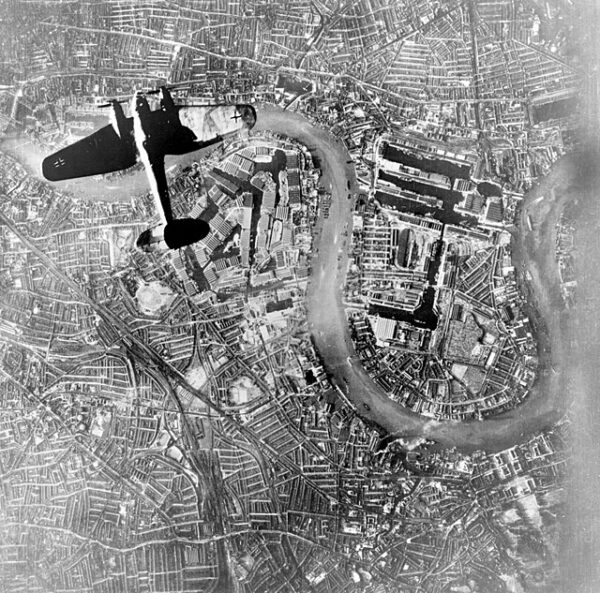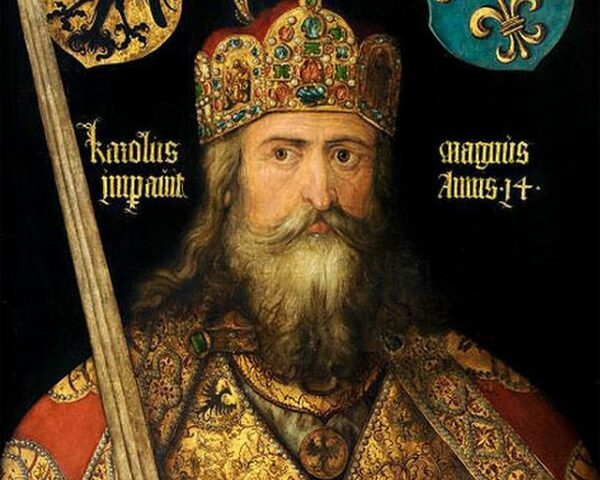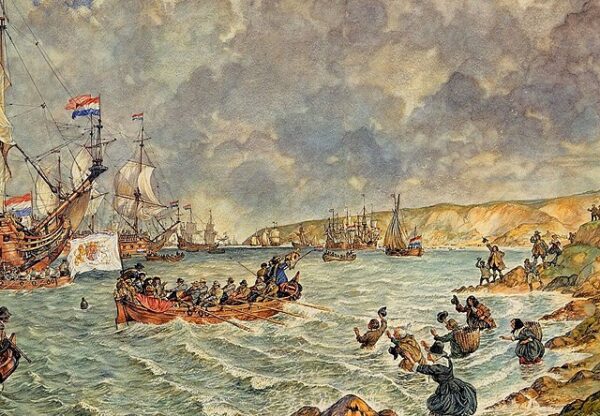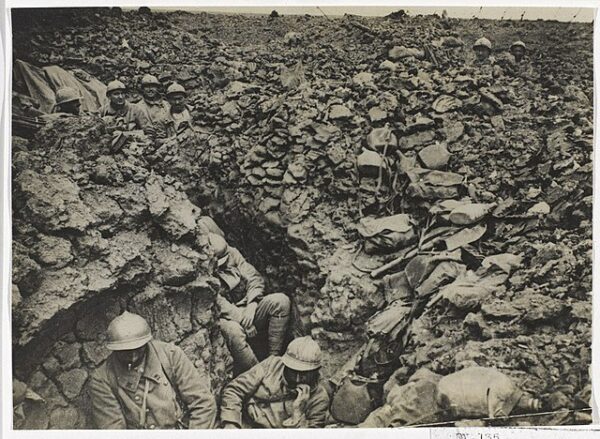In the dimming light of a crisp October evening in 1940, the Battle of Britain was drawing to a dramatic close. The roar of aircraft engines had become a familiar backdrop to daily life for the British people, who had endured months of relentless bombardment by the German Luftwaffe. Yet, as the autumn leaves turned color and the days grew shorter, a subtle but unmistakable shift in the air signaled that the tides of war were turning.
The skies over Britain had witnessed some of the most ferocious aerial combat in history. The Royal Air Force, resolute and resourceful, had held the line against overwhelming odds. Their Spitfires and Hurricanes, piloted by the bravest of airmen, had become symbols of national pride. The Luftwaffe, though formidable, had experienced mounting losses and diminishing returns. The battle in the skies was proving unsustainable for the Germans as England shot more and more planes out of the sky than Germany cold produce at home.
As October progressed, the weather took a decisive turn, casting a shadow over the Luftwaffe’s ambitions. The clear skies that had favored daylight bombing raids now gave way to thickening clouds and shorter days. The conditions for precision bombing were deteriorating rapidly, and the night skies favored a different kind of warfare – one that would bring terror to British cities through bombing but not the military advantage the Germans sought at the beginning of the battle.
On the evening of October 31, 1940, a solemn order echoed through the corridors of power in Berlin. Adolf Hitler, recognizing the futility of continuing the air assault, officially ended the Battle of Britain. The curtains had drawn on this chapter of the war. The British had prevailed, not just in the skies but in their determination to protect their homeland. The battle’s legacy would live on, serving as a testament to the bravery and resilience of the British people and their unyielding spirit in the face of adversity.
The Battle of Britain marked a significant turning point in the Second World War. At a time when the German military forces appeared unstoppable, the battle marked the first serious setback experienced by the Hitler’s forces. The long-term significance of the battle was even greater as it helped preserve Britain as a base for offensive action against Germany. The bombers operating from its bases later in the war would devastate German industry and infrastructure. It was also vital as a springboard for the deployment of American power, leading to the eventual liberation of Western Europe.






